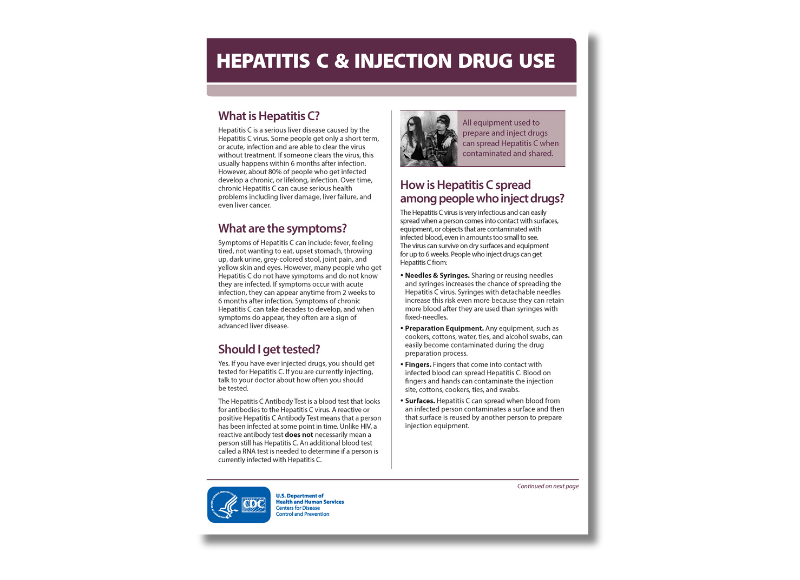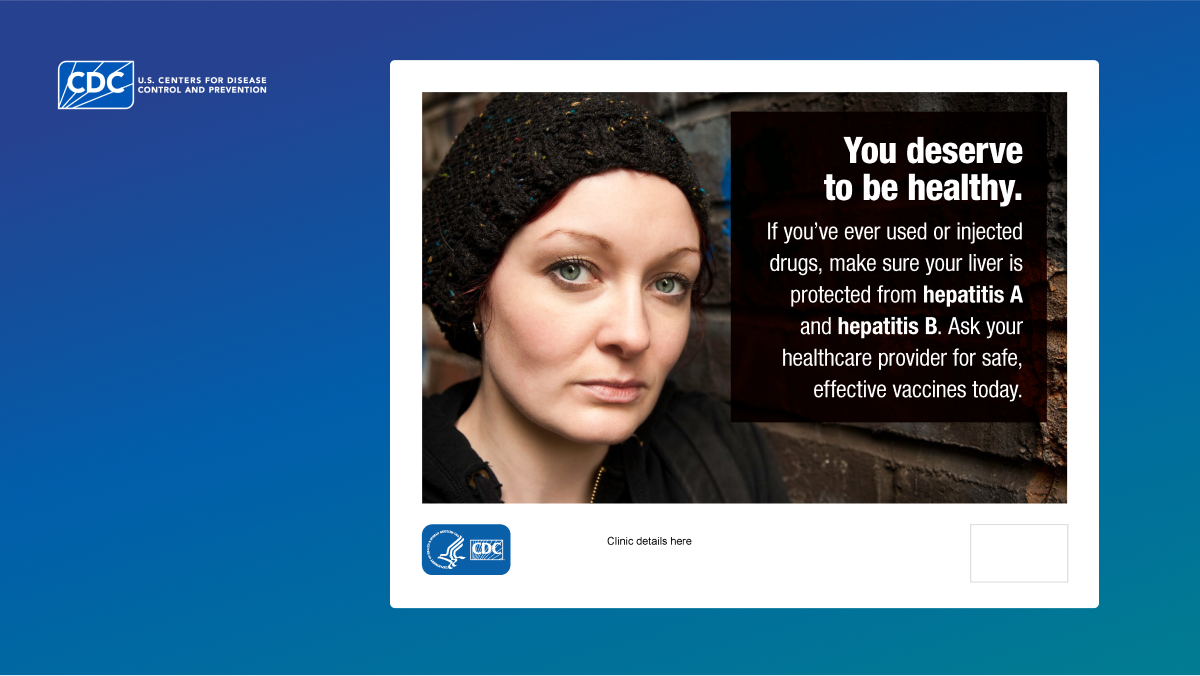
Infectious diseases are closely intertwined with the opioid epidemic, particularly due to the widespread practice of injection drug use among individuals with opioid use disorder (OUD). The sharing of needles, syringes, and other drug paraphernalia among people who inject opioids significantly increases the risk of transmitting bloodborne infections such as HIV/AIDS and hepatitis C. Furthermore, chronic opioid use can weaken the immune system, making individuals more susceptible to various infectious diseases. The opioid epidemic has also exacerbated social determinants of health such as homelessness and poverty, which further contribute to the spread of infectious diseases. Addressing infectious diseases within the context of the opioid epidemic requires comprehensive strategies that focus on harm reduction, access to healthcare services, and addressing social determinants of health to effectively mitigate the transmission of infections and improve health outcomes for individuals affected by OUD.
Infectious Disease Resources
Websites
HCV Current
Infectious Diseases in Persons Who Inject Drugs
Tools & Resources
Posters & Infographics

Fact Sheets: Hepatitis C & Injection Drug Use

“No Stigma” Poster

